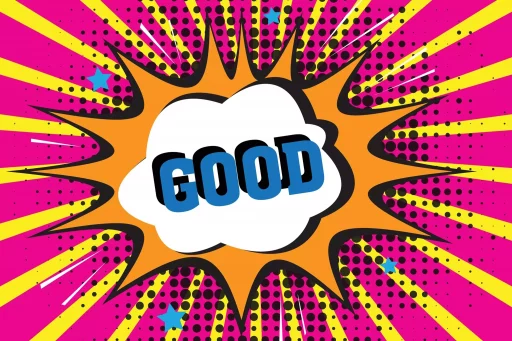Introduction
The term ‘bougie’ has evolved over the years from its original meaning to become a popular slang expression, particularly among younger generations. Derived from the word ‘bourgeois’, which refers to the middle class and their associated values and lifestyles, ‘bougie’ is often used to describe someone or something that is perceived as pretentious, extravagant, or overly concerned with status.
The Evolution of ‘Bougie’
The word ‘bougie’ originates from the French word ‘bourgeois’. In French, ‘bourgeois’ means a middle-class person, particularly one with a materialistic approach to life. However, in modern slang, the term has taken on a different connotation. It can be used in both a derogatory and an aspirational sense, depending on the context.
Modern Usage
‘Bougie’ has become widely used in pop culture, especially within hip-hop lyrics and social media discourse. To be called ‘bougie’ can mean that someone believes they are above their station or engages in conspicuous consumption. It can also refer to someone who enjoys finer things in life, such as gourmet food, luxury items, and trendy experiences.
Examples of ‘Bougie’ in Context
Here are some common contexts in which ‘bougie’ is used:
- Fashion: “She only wears designer clothes; she’s so bougie.”
- Dining: “I can’t believe you spent $200 on dinner; that’s so bougie!”
- Travel: “They went to Bali for their vacation; they’re being all bougie about it.”
These examples illustrate how the term is applied in everyday conversation, often to critique or highlight pretentious behavior.
Case Studies in Bougie Culture
Let’s consider a few case studies that highlight the concept of ‘bougie’ in different contexts:
1. Hip-Hop and Bougie Culture
Many hip-hop artists have referenced the term ‘bougie’ in their lyrics, often critiquing those who flaunt wealth and luxury. For example, in the song “I’m So Done” by rapper YG, the term is employed to call out extravagant lifestyles. This showcases the dual nature of the term—while it can have negative implications, it is also embraced by some as a form of identity, especially among those who have achieved financial success.
2. Social Media Influence
Platforms like Instagram fuel the bougie culture through influencers showcasing high-end lifestyles. The hashtag #bougiemoments celebrates extravagant experiences, from luxurious brunches to high-end fashion hauls. According to a 2022 survey, around 48% of millennials admit to feeling pressure to appear ‘bougie’ on social media, indicating how these platformsplay a role in shaping perceptions.
3. The Dining Scene
Restaurants with gourmet offerings have been labeled as ‘bougie’. A 2021 report found that establishments offering upscale dining experiences saw a 30% increase in patronage post-pandemic, demonstrating the rise of a ‘bougie’ dining culture. Young adults, particularly millennials and Generation Z, are driving this trend, often using platforms like Yelp to find the next bougie spot, suggesting that the term continues to evolve.
Bougie vs. Aspiration
While being ‘bougie’ can carry negative connotations, it can also represent aspirations for a better lifestyle. Some individuals proudly embrace the term as a part of their identity. For instance, many burgeoning entrepreneurs dub themselves ‘bougie’ as a testament to their hard work and success, reappropriating the term to symbolize achievement rather than disdain.
Conclusion
In conclusion, the slang term ‘bougie’ encapsulates a wide range of meanings and applications. From a critique of materialism to an expression of aspiration, it reflects the complexities of modern social dynamics. Whether used in jest or embraced earnestly, ‘bougie’ stands as a testament to how language evolves and reflects societal values.






